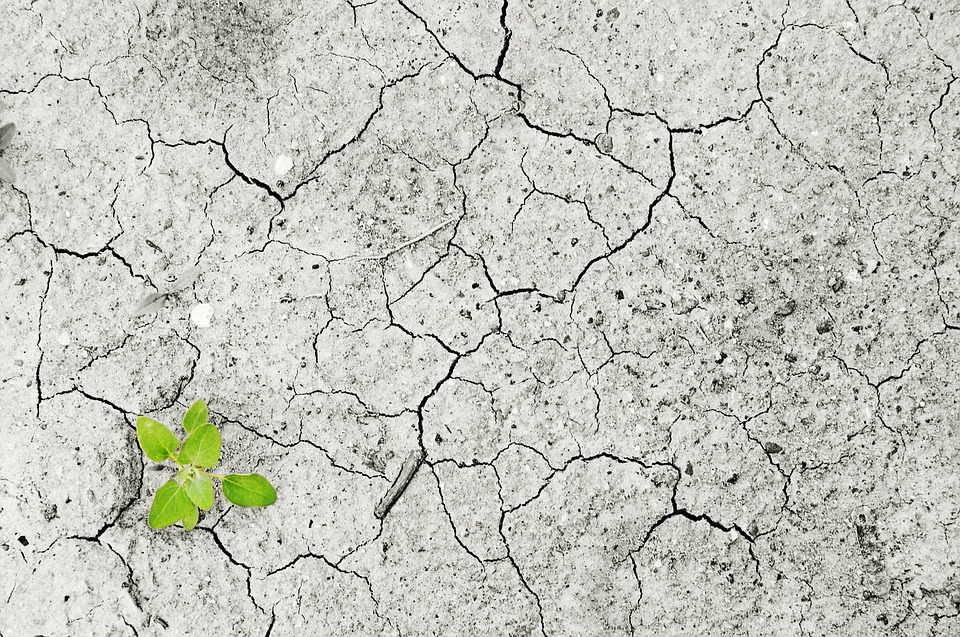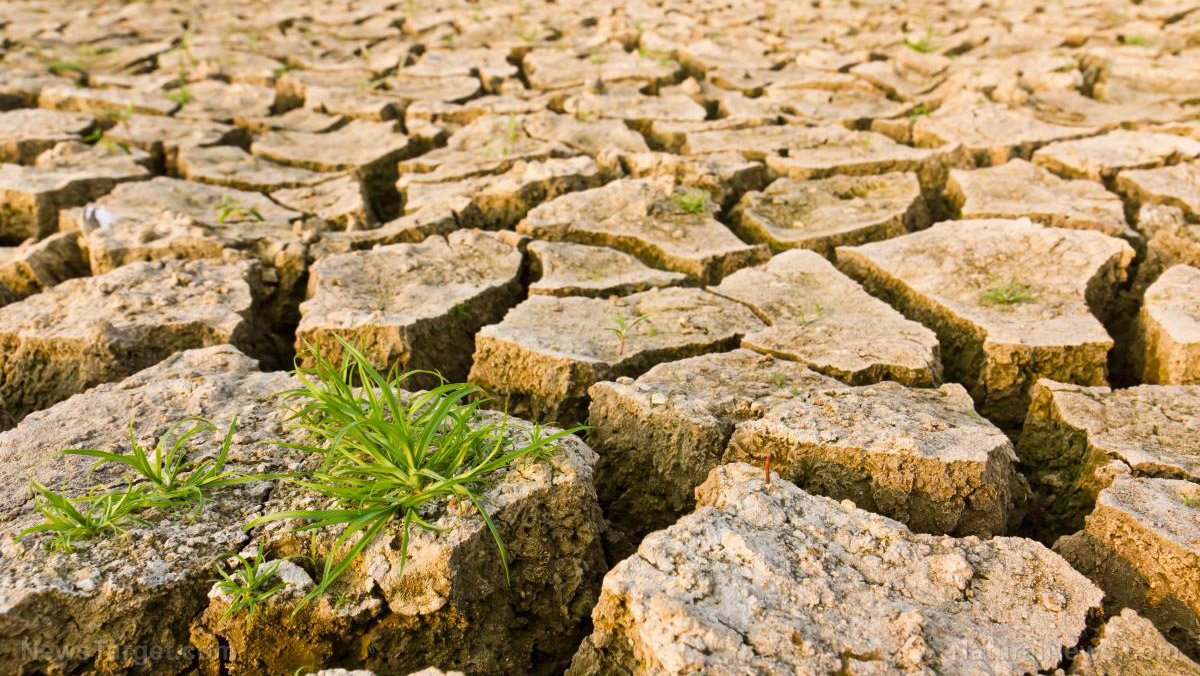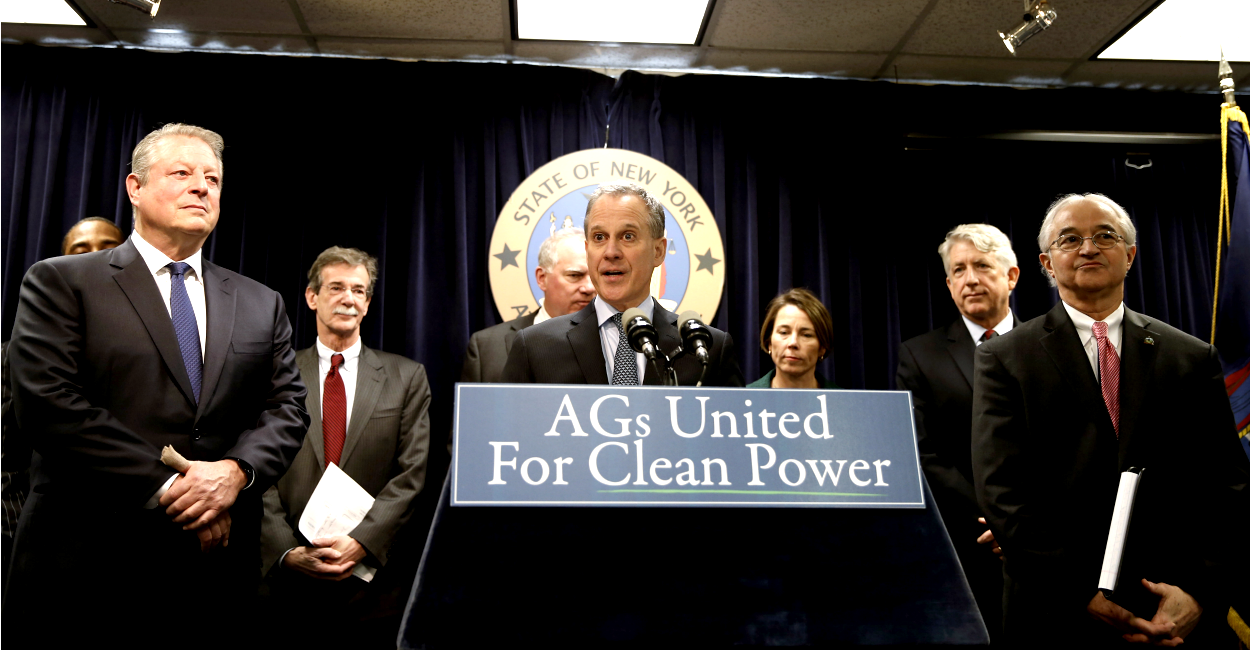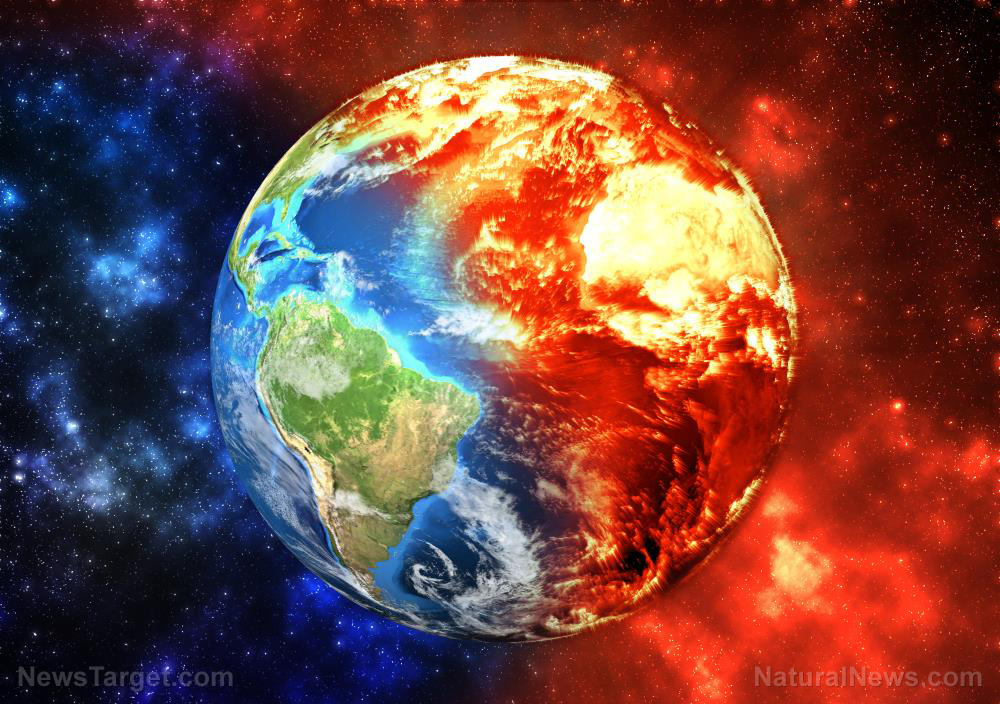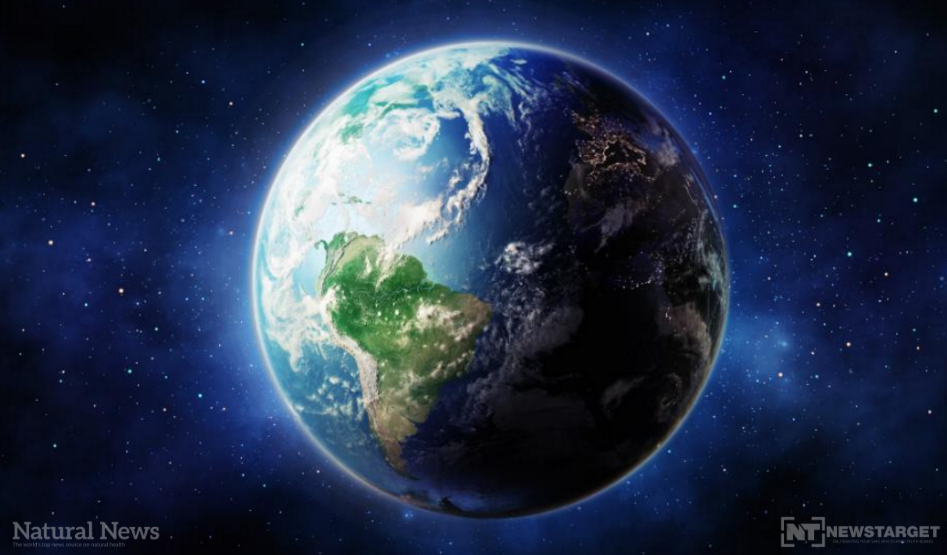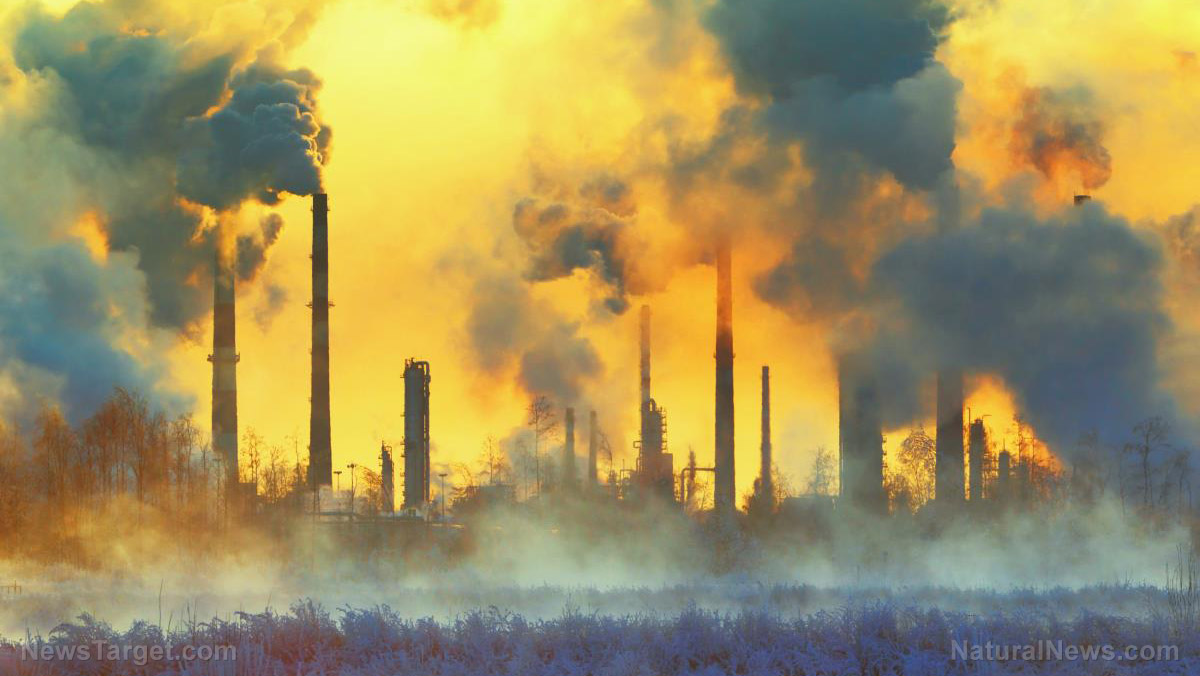Three studies reveal natural phenomena, not humans, behind global warming
10/26/2021 / By Ramon Tomey

Three studies have found that natural phenomena, not human activity, is to blame for global warming. The papers published from June through October revealed that occurrences in the atmosphere and in the ocean trigger increased temperatures. Humanity’s role in global warming appears to be minimal – and even causes a drop in temperatures, the studies noted.
In June, Geophysical Research Letters published a study pointing to Earth’s energy imbalance (EEI) as the reason for global warming. “EEI is a relatively small difference between global mean solar radiation absorbed and thermal infrared radiation emitted to space,” the study explained.
It also noted that most of EEI warms the ocean, with the rest heating the land, melting ice and warming the atmosphere. The authors of the study wrote that they have recorded “statistically indistinguishable decadal EEI increases from mid-2005 to mid-2019.” They primarily attribute this to “an increase in absorbed solar radiation associated with decreased reflection by clouds.”
The study pointed to another natural phenomenon called the Pacific decadal oscillation (PDO), which is “a large-scale climate pattern associated with substantial shifts in sea-surface temperatures and clouds.”
According to the authors, the PDO shifted into a warm phase from around 2014 until 2020. This change led to fewer clouds covering the ocean, allowing more solar radiation to be absorbed. “If the PDO were to reverse in the future, that would likely act to decrease the rate of heat uptake,” they wrote. (Related: CO2 is not causing “global warming” – the sun is.)
Lead study author Norman Loeb said: “The two very independent ways of looking at changes in Earth’s energy imbalance are in really, really good agreement. They’re both showing this very large tend, which gives us a lot of confidence that what we’re seeing is a real phenomenon and not just an instrumental artifact.”
Writing for NoTricksZone, author Kenneth Richard commented on the study by Loeb and his colleagues. He said that based on data from the Clouds and the Earth’s Radiant Energy System (CERES), both clouds and the Earth’s surface account for 89 percent of global warming. On the other hand, greenhouse gases only account for “a tiny fraction” of this warming.
Two other studies debunk humanity’s role in global warming
Another study by two researchers from Germany also disproved the alleged role of humans in global warming. Earlier this month, a study published in Atmosphere argued that anthropogenic emissions might actually cause global temperatures to drop. The study authors referenced research by Loeb and his colleagues, which cited “a reduction in low cloud cover” for higher temperatures.
“We compare clear sky [areas] with cloudy areas and find that changes in the cloud structure should be the root cause,” the German researchers wrote. They add that their own conclusions, based on CERES data, “conflict with the assumption that further global warming originates mainly from the [long-wave] radiation capture caused by greenhouse gases.”
Richard also commented on the study: “In fact, the greenhouse effect impact has been negative; it has contributed a net cooling influence over the last two decades.”
In July, a study conducted by academic Antero Ollilia of Finland’s Aalto University was published in Current Journal of Applied Science and Technology.
Ollilia’s paper noted that from 2000 to 2019, “there are natural climate drivers that have rapid and significant temperature impacts exceeding the anthropogenic drivers” for that span of time. Anthropogenic refers to pollutants derived from human activities.
The Finnish researcher’s study pointed out that any warming observed since 2015 “cannot be due to anthropogenic reasons.” (Related: Larry Hamlin: Climate emergency is the product of propaganda and politics without scientific backing.)
ClimateAlarmism.news has more articles regarding natural phenomena playing a bigger role in global warming.
Sources include:
Tagged Under: carbon dioxide, deception, Earth's energy imbalance, global warming, greenhouse gases, human activity, increased temperature, natural phenomena, Pacific decadal oscillation, solar radiation
RECENT NEWS & ARTICLES
COPYRIGHT © 2017 CLIMATE SCIENCE NEWS





